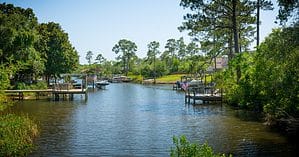Did you know that Switzerland has not one, but four languages spoken in various regions of the country? While these four languages make up most of the nation, two non-national languages have gained importance in the last several years as well. The country prides itself on its multilingualism, citing it as an essential part of the national identity and culture. Outside of the six primary languages, other common languages spoken include Spanish, Serbian, Croatian, and Albanian.
Discover the top six most common languages spoken in Switzerland in 2024 and some interesting facts about them.
German
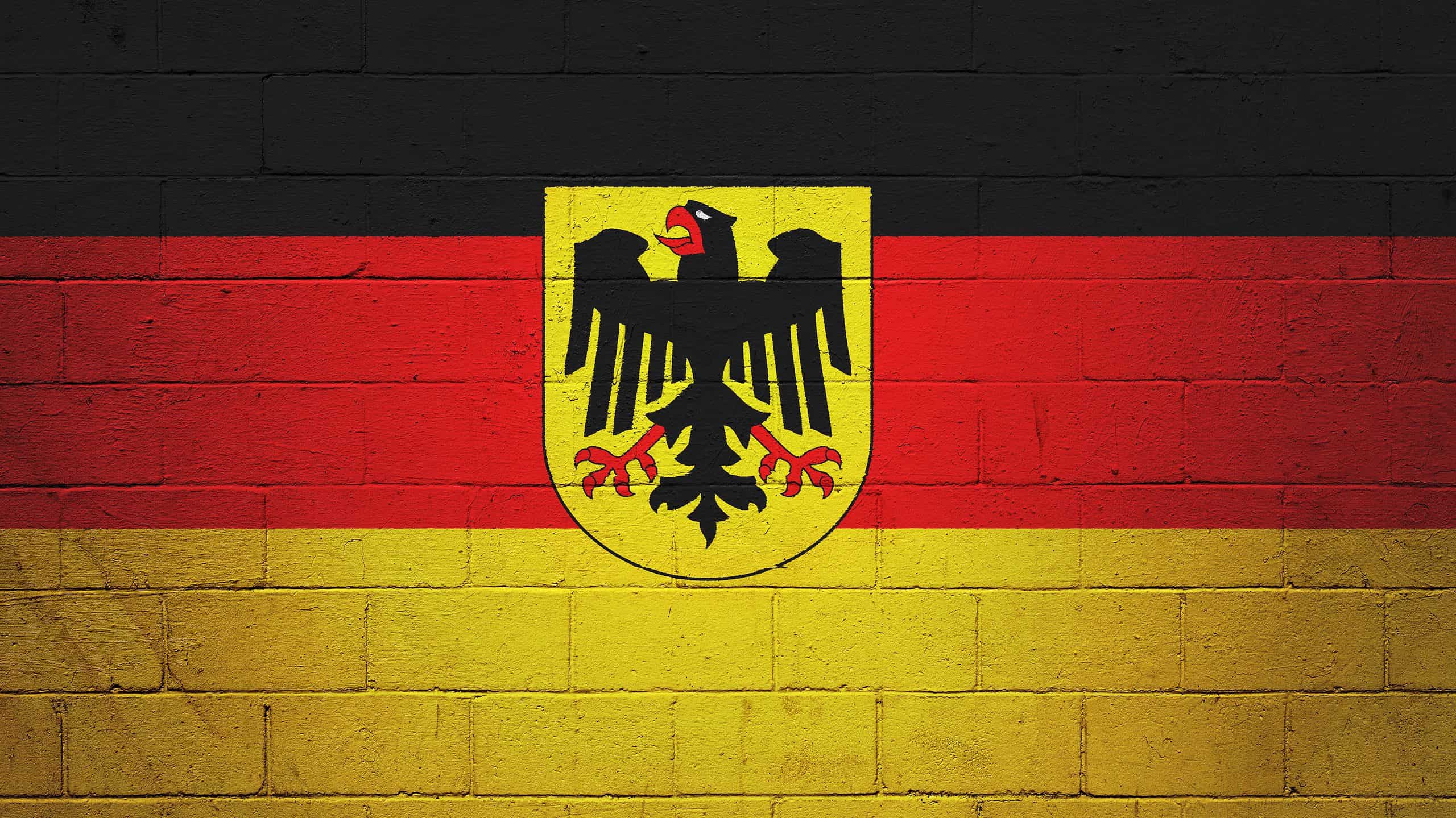
German is one of the top national languages in Switzerland.
©BreizhAtao/Shutterstock.com
German is the primary national language of Switzerland; it’s one of the four that make up the national languages of the country. About 62% of the population in Switzerland speaks German — rather, several dialects of Swiss German. Despite the majority of speakers, Switzerland’s population still has 23% of people who do not speak Swiss German, or the other three most popular languages. The number of Swiss German speakers has started to fall in recent years. Still, it’s the most popular language in the workplace as well, followed closely by standard German.
Switzerland uses cantons to divide and describe the different member states of the country. Of the 26 in Switzerland, at least 17 cantons speak Swiss German as a primary language, including Zug, Zurich, and Lucerne.
French
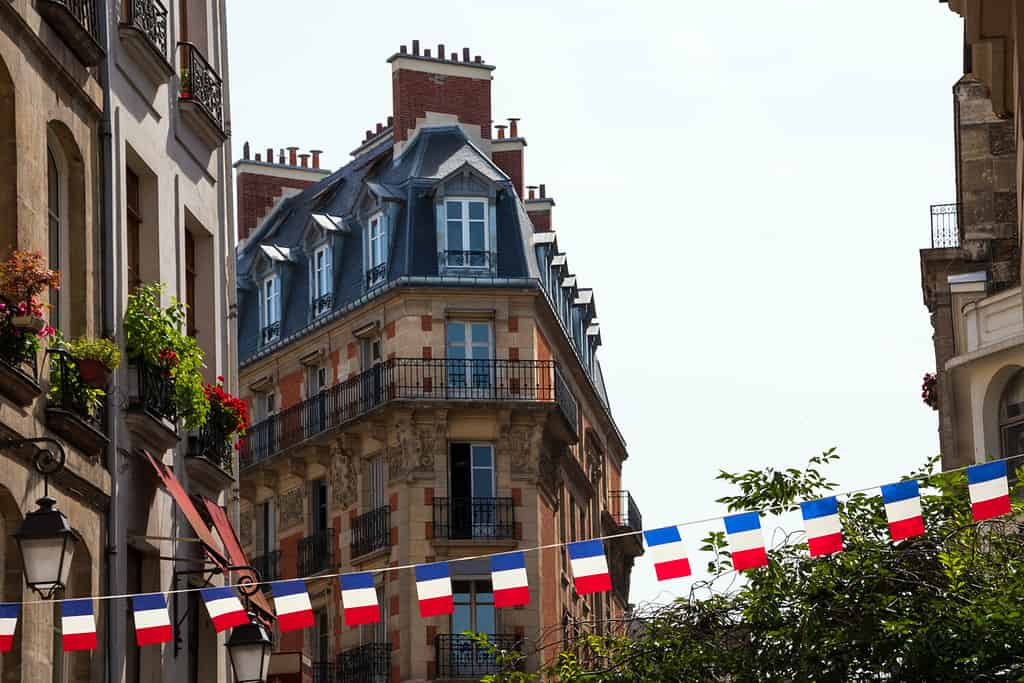
The number of French speakers in Switzerland has dwindled.
©Elena Dijour/Shutterstock.com
Nearly 23% of Switzerland speaks French — and that number continues to rise. It’s the main language spoken in the Romandie (also spelled Romandy), or the French-speaking cantons of Switzerland. This region is home to over two million residents and its biggest city is Geneva.
According to experts, Switzerland residents began speaking French around the fifteenth century when books from France began to trickle into the country. France and Switzerland share a border, which is why the Romandy on the west side of Switzerland is the French-speaking region. The cantons that speak French exclusively include Geneva, Neuchâtel, Vaud, and Jura.
Italian
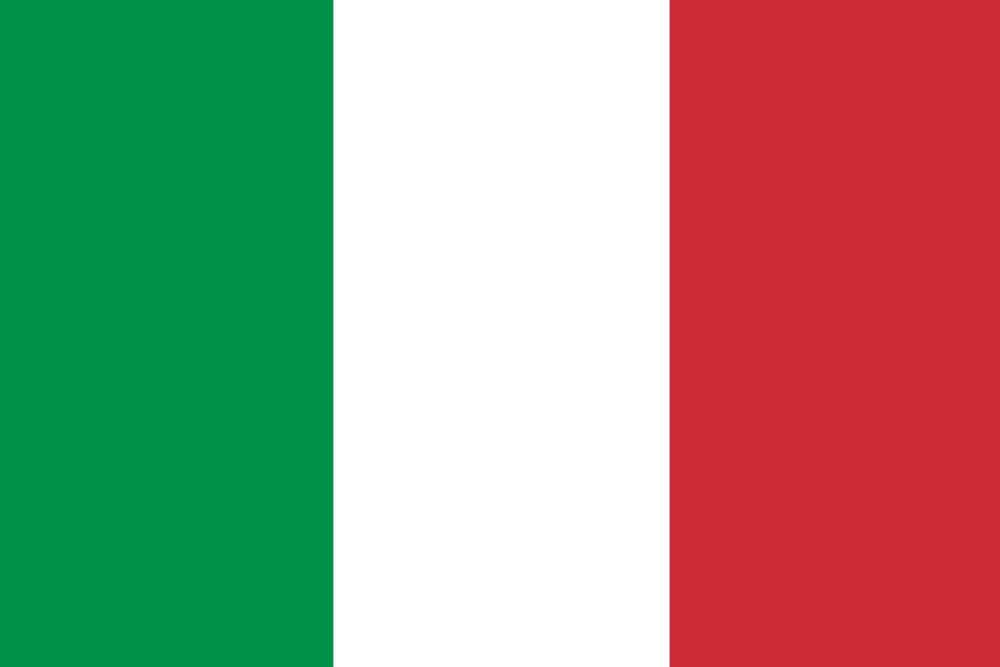
Italian immigrants in the nineteenth century established an Italian region in Switzerland.
©weha/Shutterstock.com
Spoken in the Ticino canton of Switzerland, Italian is the primary language for about eight percent of the population. While used in the workplace, Italian is less popular than Swiss German, French, and English in professional settings. Outside of the canton of Ticino, the Grigionitaliano region speaks Italian the most.
The Italian language first came to Switzerland in the 1870s when Italian immigrants came in droves to the country for work. They built the Gotthard Tunnel — and immigration continued in earnest until the 1960s. However, the tunnel laborers’ arrival wasn’t the first of Italians in Switzerland. As early as 1800, Italian refugees settled in Zurich and Geneva.
Romansh

Less than one percent of the Swiss population speaks Romansh, but it’s still one of four national languages.
©iStock.com/mehmetbuma
While only .5% of the population in Switzerland speaks Romansh, it remains one of the four national languages of the country. Derived from Latin, Romansh is a Rhaeto-Romanic language spoken in the canton of Graubünden. Graubünden is also one of four cantons in the country that the government dubs as officially multilingual. The others include Bern, Fribourg, and Valais — as well as the city of Bienne (or Biel, for the German name).
Like Swiss German and Italian, the number of Romansh speakers has fallen in the last few years. According to data collected by the Swiss Federal Statistical Office, the number of speakers of Romansh between 1910 and 2021 halved itself.
In 15 B.C.E. Romans conquered Rhaetia, a region in which Graubünden now stands. After the conquest, residents and settlers of Rhaetia spoke Ruantsch until the fifteenth century. At that point, German workmen evolved the language to what it is today.
English

Professionals and even children in metropolitan areas learn to speak a bit of English.
©Jacob Lund/Shutterstock.com
Despite not being a national language, English has become a popular language to speak in Switzerland thanks to professionals and foreigners. So much so that about 60% of the population in Switzerland has the ability to communicate in basic English. It might not be conversational, but for an American or English-speaking European traveling to the country, it’s helpful to know that the majority of the population may speak at least a few words of your native language.
Metropolitan areas in Switzerland like Zurich and Geneva have the highest percentage of English speakers. These cities also have a high percentage of resident foreigners, so it’s more likely you’ll find neighbors who know more than one language.
Portuguese
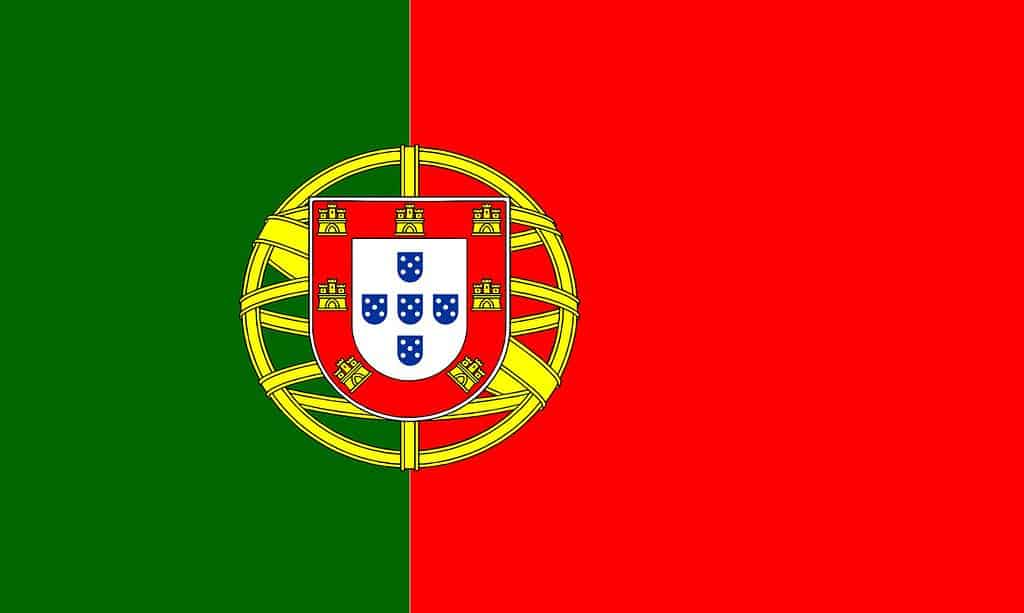
Portugal and Switzerland have multifaceted relations in the UN.
©iStock.com/Art illustration
Like English, foreigners living in Switzerland have made Portuguese one of the most popular non-national languages to speak in Switzerland. Portuguese has become one of the top three foreign communities in Switzerland, thanks to the countries’ proximity to each other as well as their political affiliations with each other. Portugal and Switzerland work together multilaterally, with many crossovers stemming from the countries’ relationship within the UN.
The photo featured at the top of this post is © kavalenkava/Shutterstock.com
Thank you for reading! Have some feedback for us? Contact the AZ Animals editorial team.






